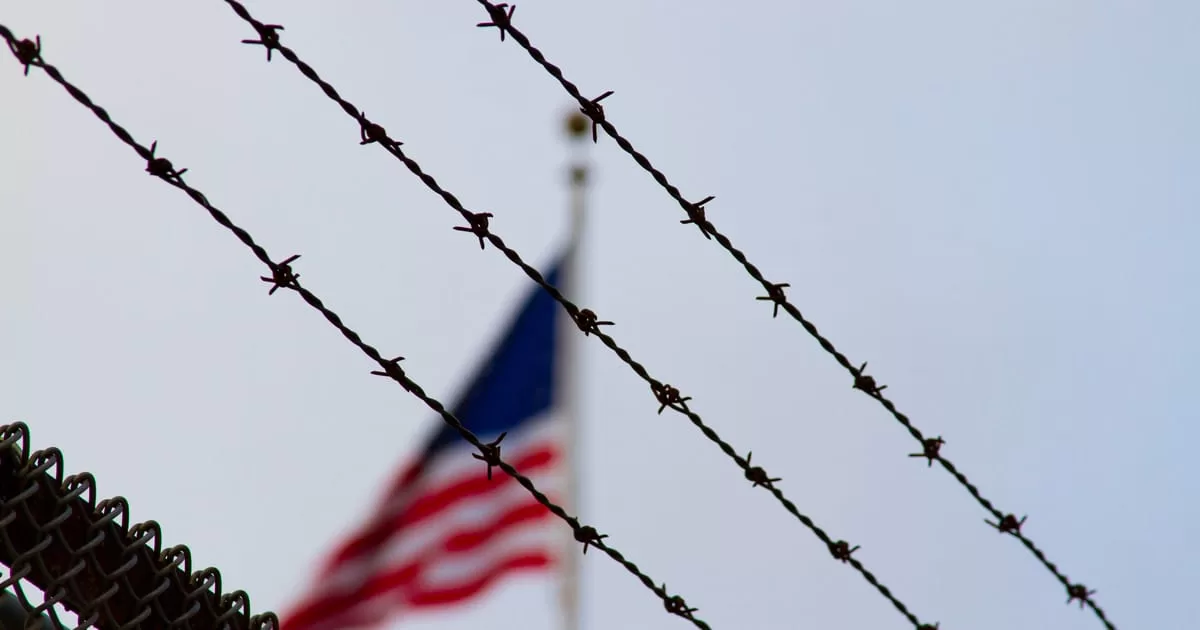It was the first time in the history of the U.S. that nitrogen gas was used in an execution and the first time in more than 30 years that a new execution method was introduced in the country.
In the weeks leading up to the execution, Smith’s attorneys, human rights organizations and experts had expressed their concern and outrage at the planned use of nitrogen gas, seen as an untested method of execution and potentially cruel.
But the U.S. Supreme Court eventually authorized the execution to move forward.
On Friday, the EU sharply criticized the use of nitrogen gas, noting how experts believe this method is a “particularly cruel and unusual punishment.” The 27-member bloc also blasted the practice of using the death penalty, which is currently still legal in 27 U.S. states.
“The EU continues to call for the universal abolition of the death penalty,” it said, adding that it is “concerned” about the increase in the number of executions in the U.S.
“We call for states that maintain the death penalty to implement a moratorium and move towards abolition, in line with the worldwide trend,” the EU said.
Alabama had already previously attempted to execute Smith, a 58-year-old who was convicted for a murder-for-hire in 1988, with lethal injection in 2022, but the execution was called off after authorities could not connect an IV line.
